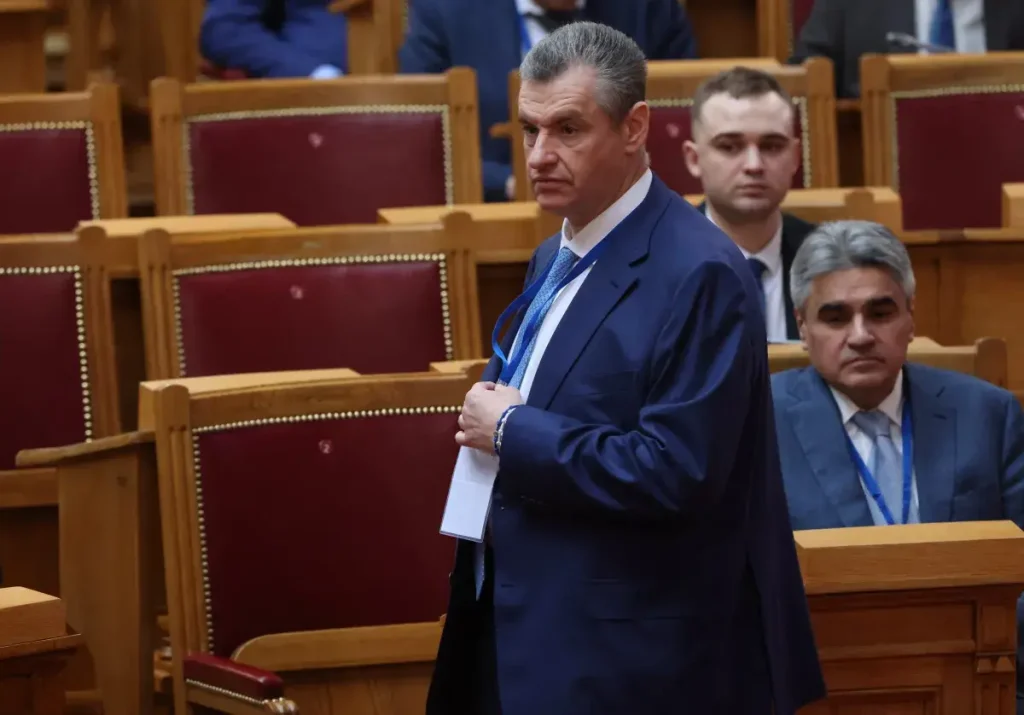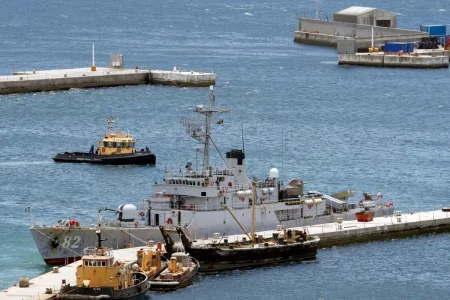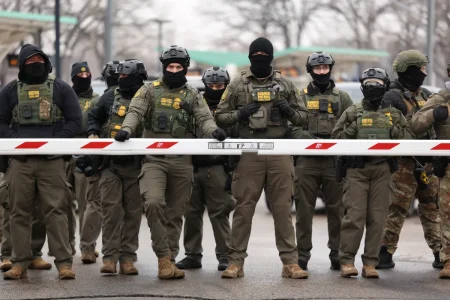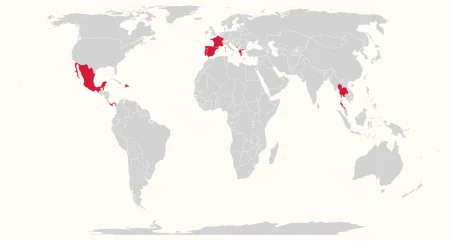U.S. Nuclear Test Plans Raise Global Security Concerns
Russian lawmakers have expressed serious concerns about the United States’ reported plans to potentially resume nuclear weapons testing, warning that such actions could significantly destabilize global security frameworks that have been carefully maintained for decades. A member of the Russian parliament recently emphasized that any move by the U.S. to conduct nuclear tests would not only heighten international tensions but could also represent a violation of America’s obligations under the Comprehensive Nuclear-Test-Ban Treaty (CTBT). Though the treaty has been signed by both nations, it’s worth noting that while Russia has ratified the agreement, the United States has yet to do so, despite being one of its original signatories in 1996.
The renewed discussion around nuclear testing comes at a particularly delicate moment in international relations, with multiple ongoing conflicts and rising geopolitical tensions between major powers. Security experts point out that the global nuclear non-proliferation regime has been under increasing strain in recent years, with several treaties facing challenges or outright abandonment. The possible resumption of nuclear testing by the United States could trigger a domino effect, potentially encouraging other nuclear powers to follow suit and leading to a new era of nuclear competition reminiscent of the Cold War period. Many diplomatic observers have noted that such a scenario would reverse decades of painstaking progress toward limiting nuclear weapons development and testing.
The Comprehensive Nuclear-Test-Ban Treaty represents one of the cornerstone agreements in the international community’s efforts to prevent nuclear weapons proliferation and promote disarmament. Despite never formally entering into force due to the failure of several key nations to ratify it, the CTBT has established a de facto global moratorium on nuclear testing that has largely held since the 1990s. The United States last conducted a nuclear test in 1992, while Russia’s final test occurred in 1990. Both countries, along with other nuclear powers, have since relied on computer simulations and subcritical experiments to maintain their nuclear arsenals without full-scale detonations. This delicate balance could be upended if either major power decides to return to active testing.
The Russian parliamentarian’s warning highlights the broader context of deteriorating U.S.-Russia relations, which have reached their lowest point since the end of the Cold War. The ongoing conflict in Ukraine, accusations of treaty violations on both sides, and competing strategic interests across multiple regions have created an environment of deep mistrust between Washington and Moscow. Nuclear arms control, once a rare area of continued cooperation even during periods of tension, has suffered significant setbacks in recent years with the collapse of the Intermediate-Range Nuclear Forces Treaty and uncertainties surrounding the future of the New START agreement. In this charged atmosphere, any moves related to nuclear weapons capabilities are viewed with heightened suspicion and concern by both sides.
Public health and environmental advocates have also voiced alarm about the potential consequences of resumed nuclear testing. Decades of research have documented the severe and long-lasting impacts of atmospheric and underground nuclear tests on human health and ecosystems. Past testing periods left legacies of increased cancer rates, contaminated lands, and displaced communities in testing regions from Nevada to Kazakhstan. While modern tests would likely be conducted underground with improved containment measures, experts warn that no nuclear test is entirely free of environmental risk or potential radiation release. These concerns extend beyond immediate security considerations to questions of intergenerational justice and environmental stewardship that many believed had been addressed through the testing moratorium.
As the international community watches developments carefully, diplomatic channels remain essential for addressing these tensions before they escalate further. Arms control experts emphasize that both the United States and Russia, as the possessors of the world’s largest nuclear arsenals, bear special responsibility for maintaining strategic stability and preventing a new nuclear arms race. Multilateral organizations, allied nations, and non-governmental organizations have all urged restraint and a recommitment to dialogue on nuclear issues. While the immediate future of nuclear testing policies remains uncertain, what is clear is that decisions made in this domain will have profound implications for global security architecture in the coming decades. As one veteran disarmament negotiator noted, “The world has moved beyond the era of nuclear testing once before—doing so again would require extraordinary justification and would come at an extraordinary cost to international security.”















